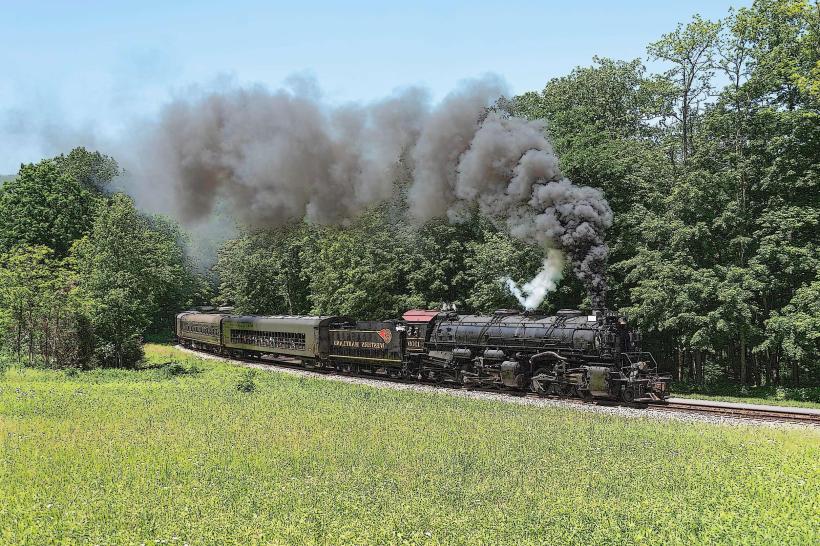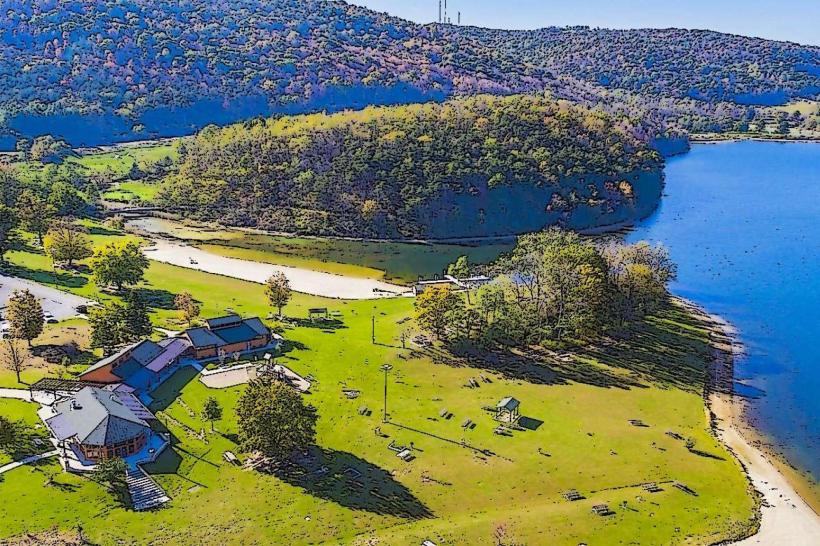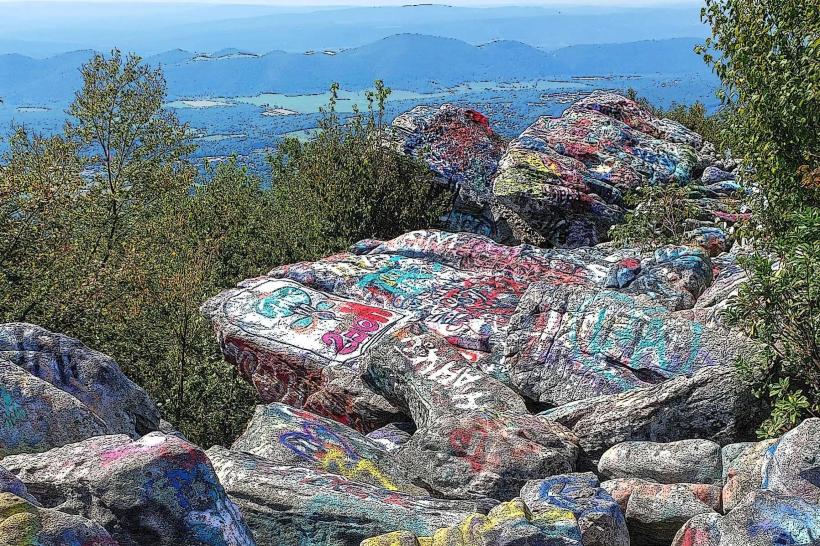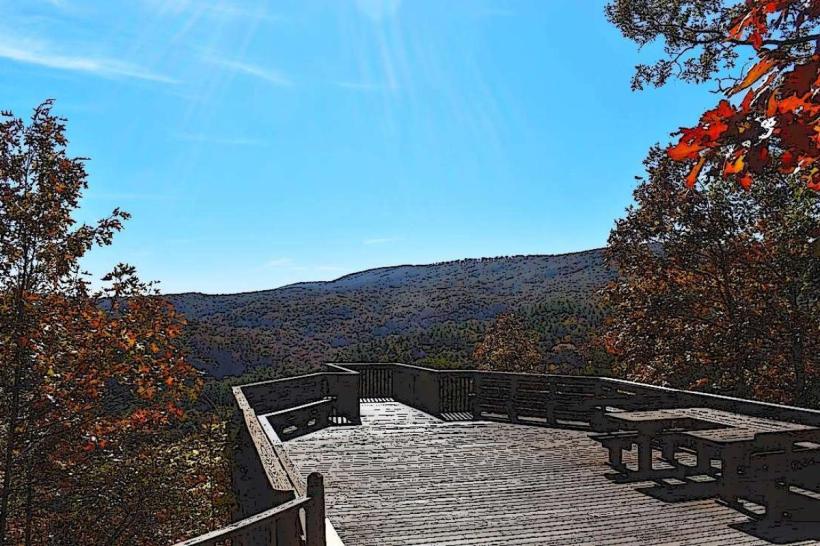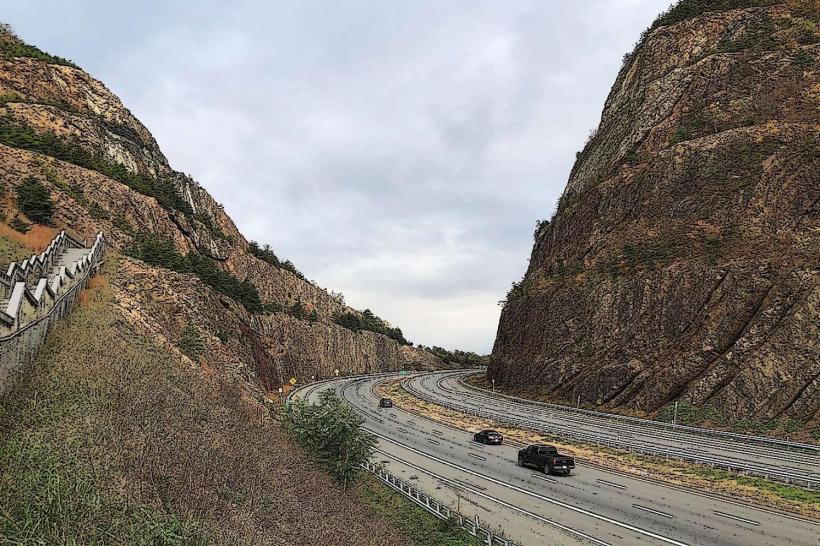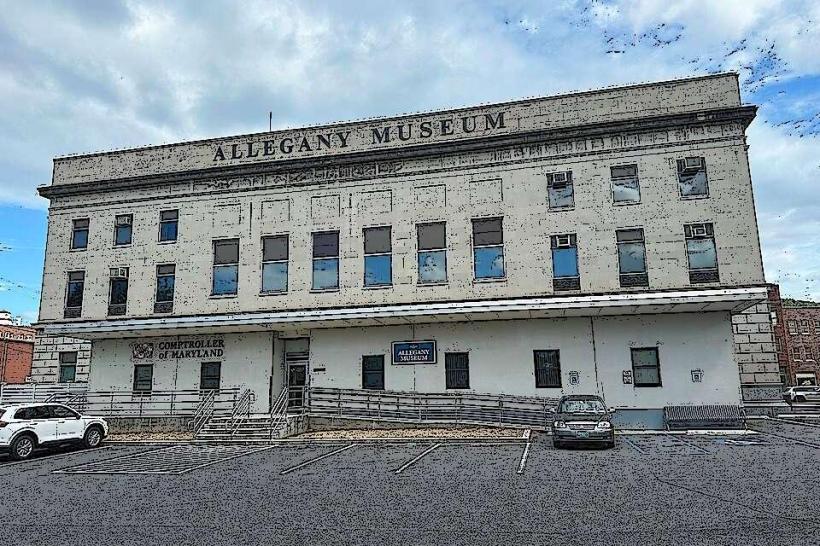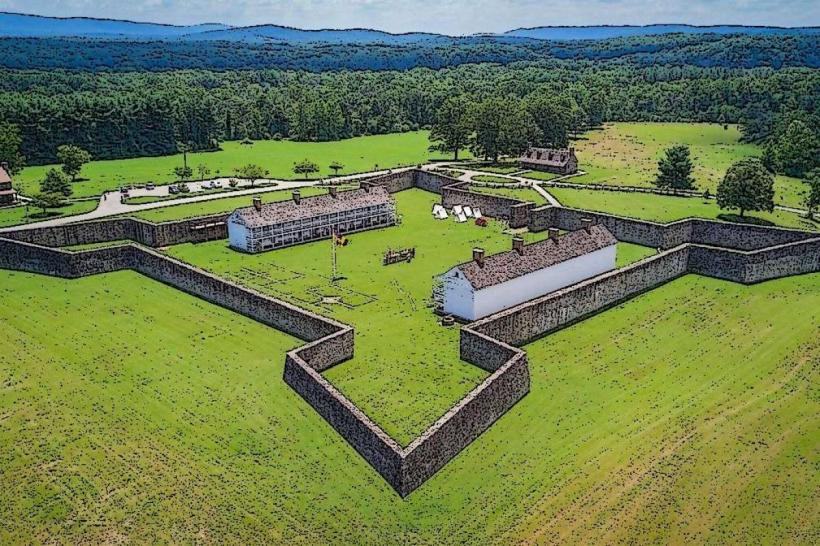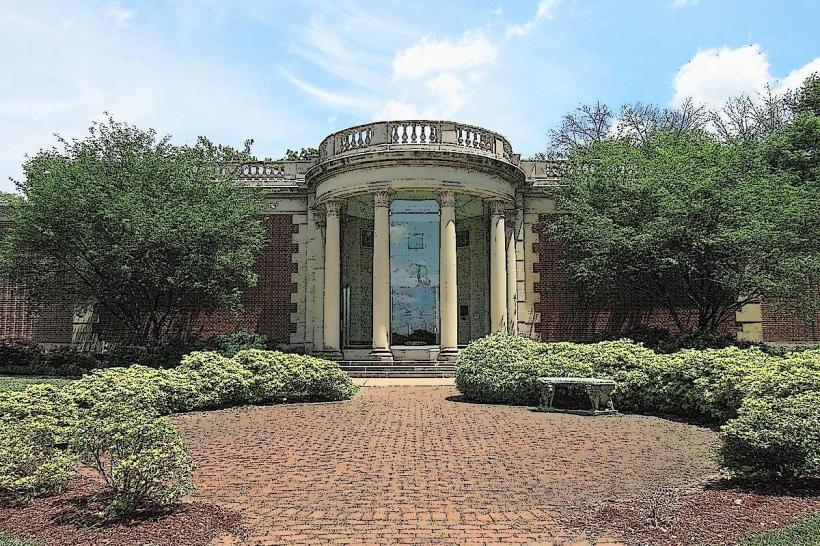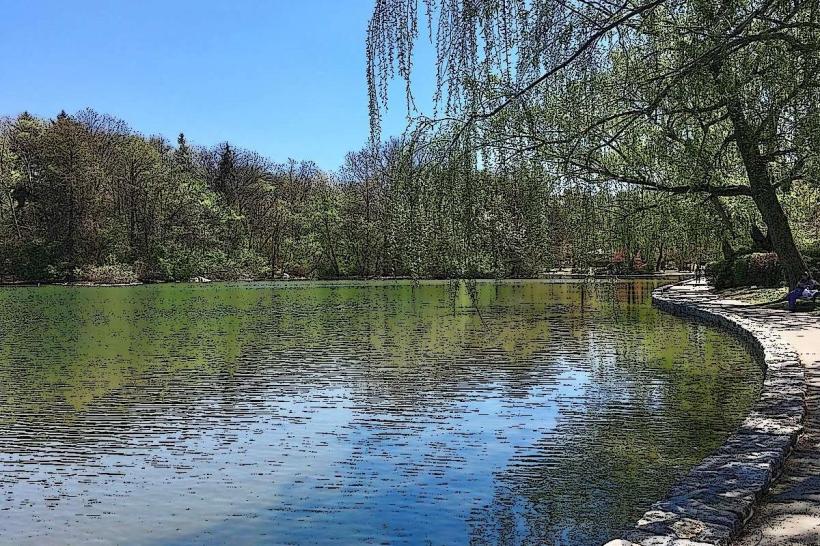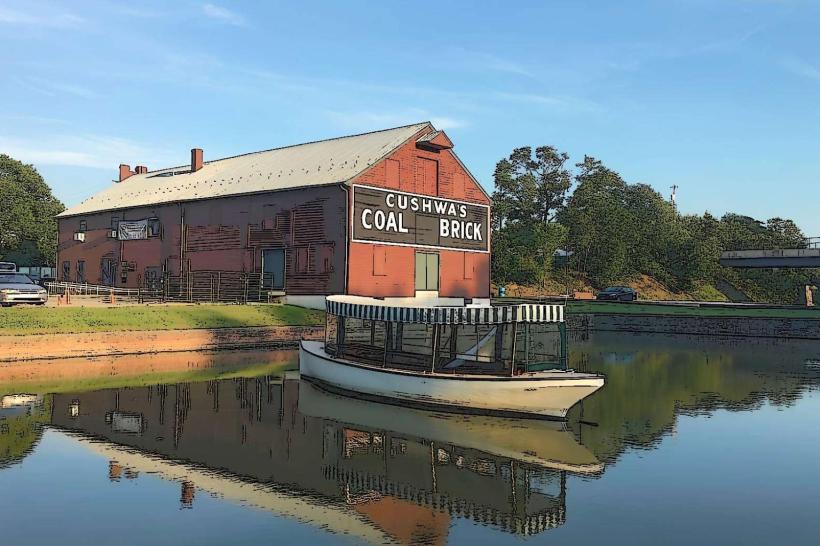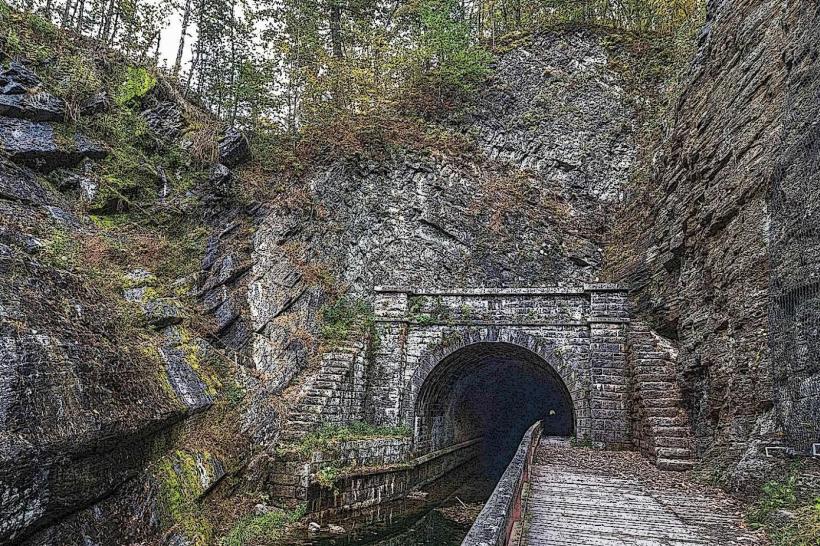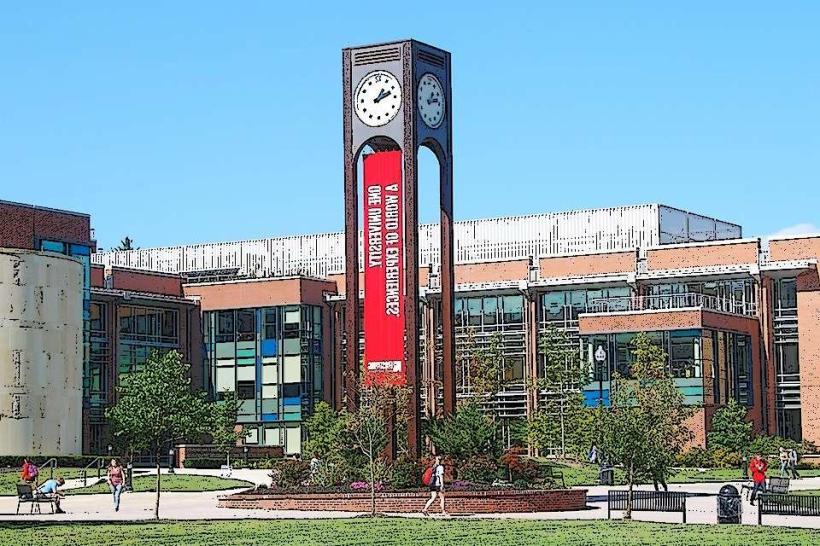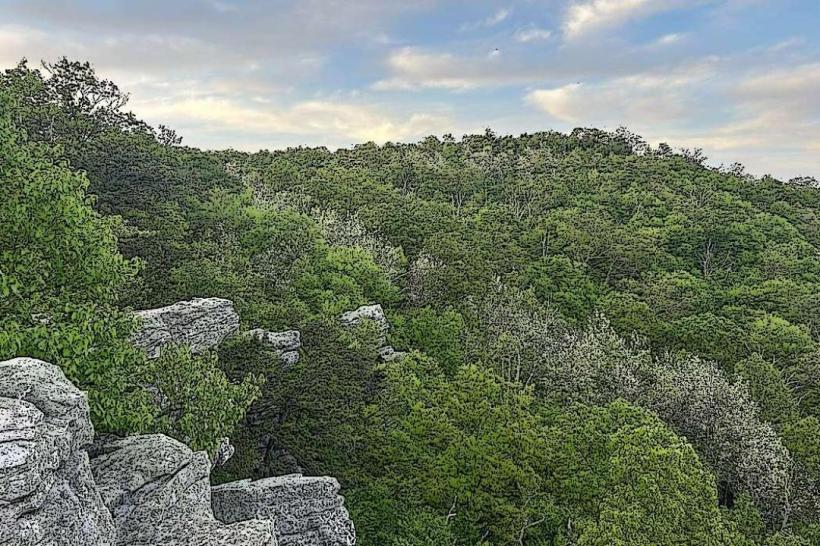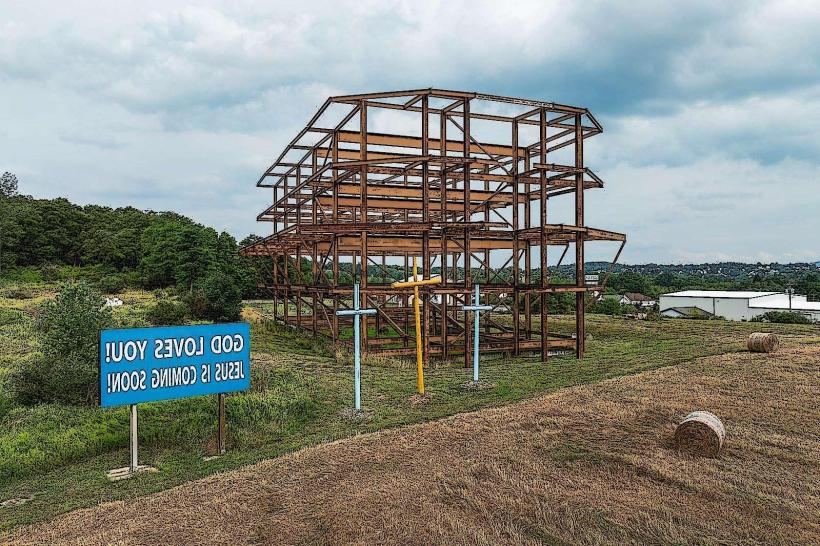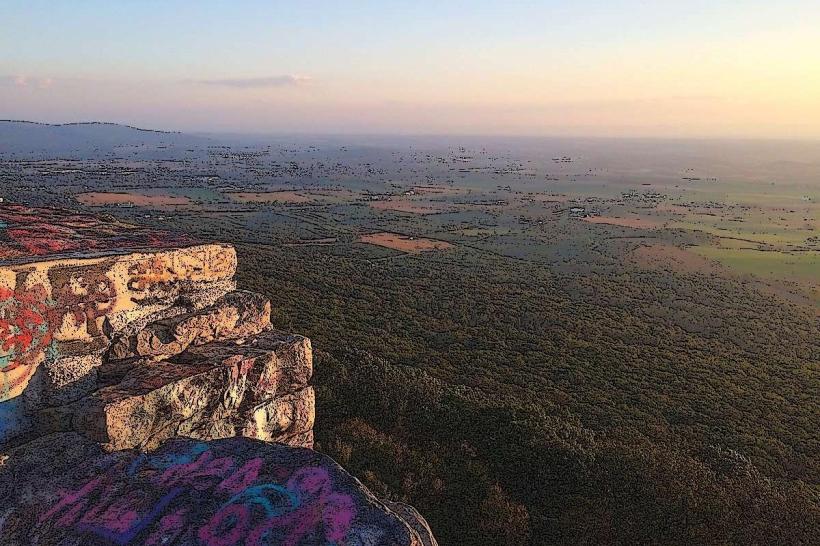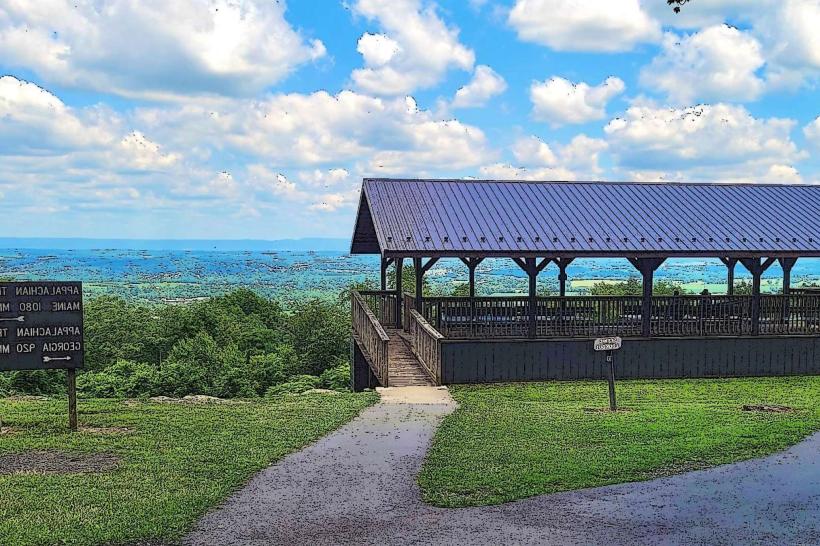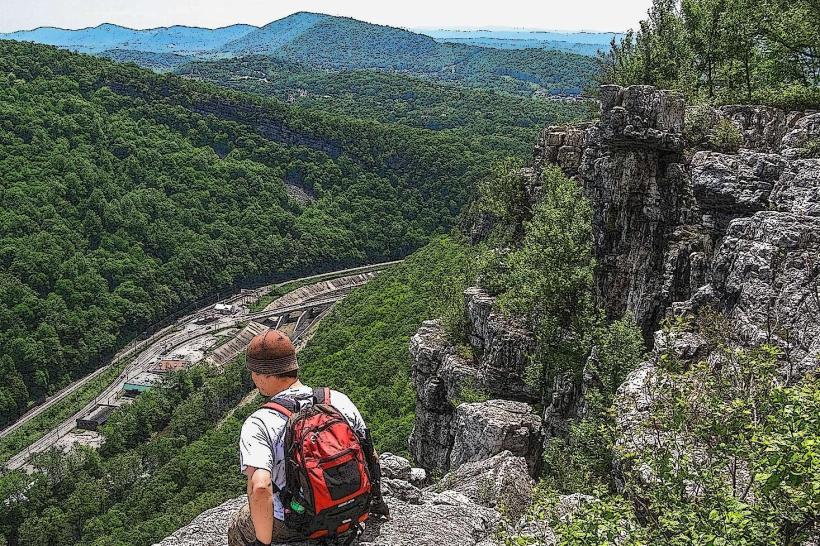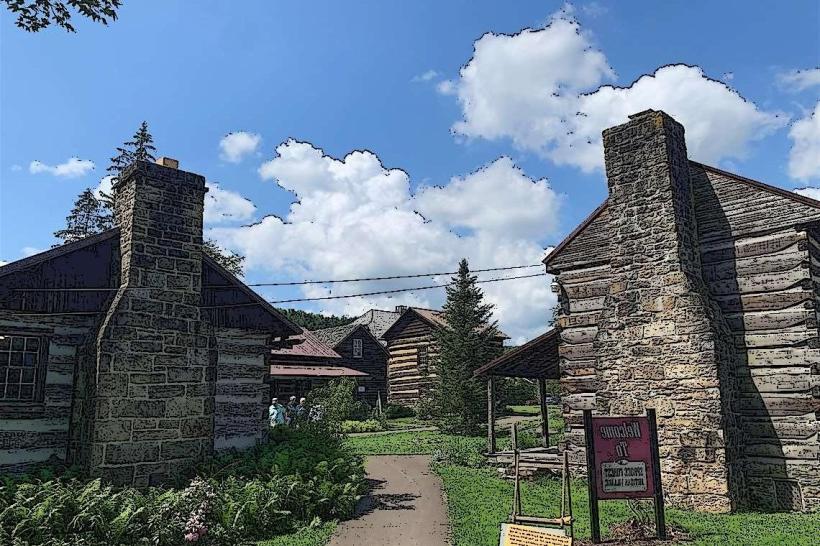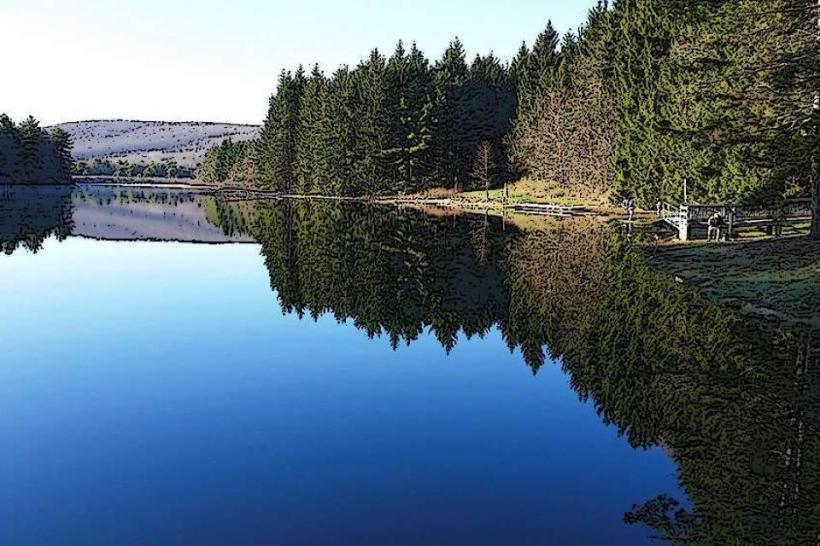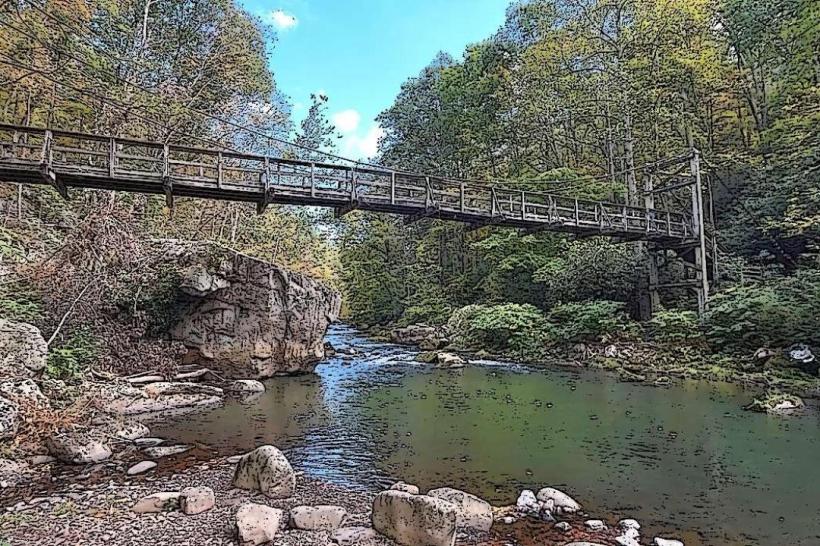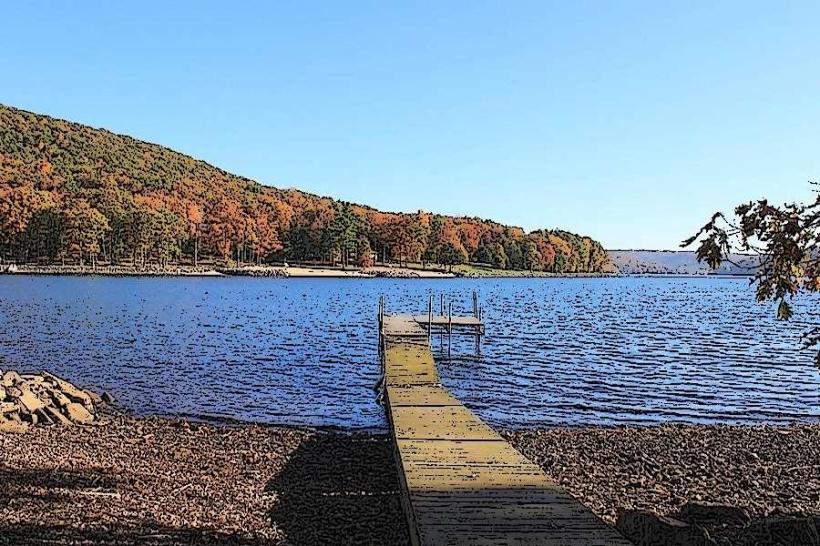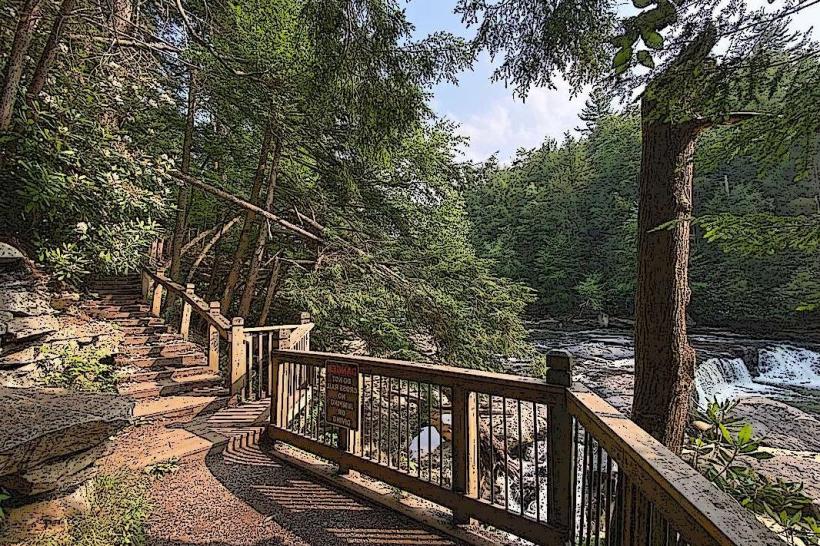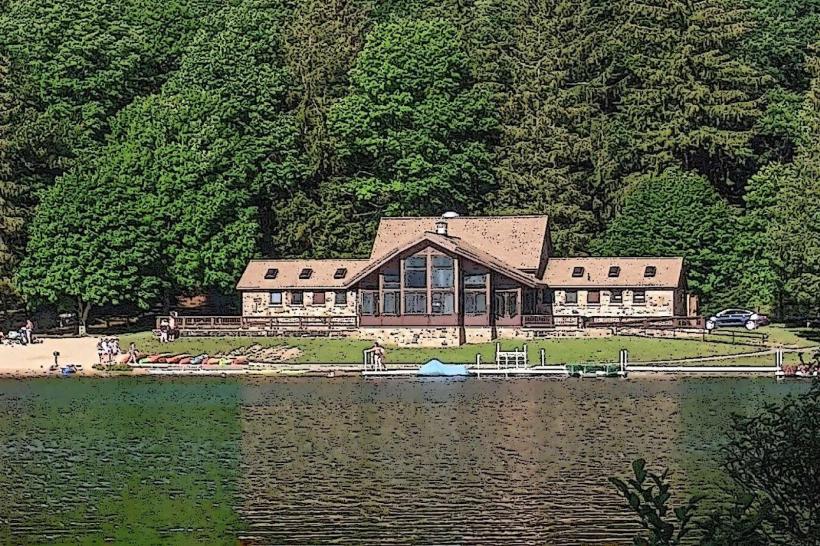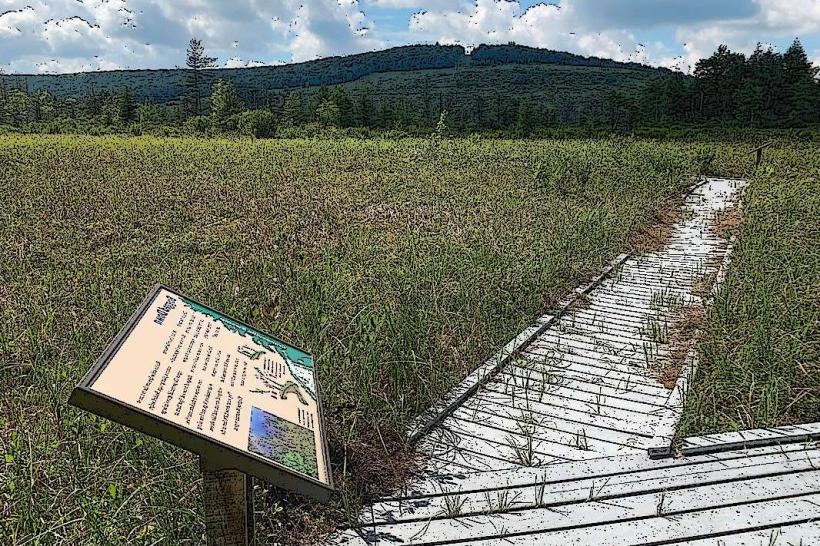Information
Landmark: Casselman River Bridge State ParkCity: Hagerstown
Country: USA Maryland
Continent: North America
Casselman River Bridge State Park, Hagerstown, USA Maryland, North America
Casselman River Bridge State Park, located near Grantsville in Garrett County, Maryland, is home to the historic Casselman Bridge-an iconic early 19th-century stone arch bridge and a testament to pioneering American engineering and infrastructure development. The bridge, constructed between 1813 and 1814, was a crucial part of the National Road, the first federally funded highway designed to facilitate westward expansion and commerce in the United States.
Historical Significance
The Casselman Bridge was engineered to overcome a major natural obstacle-the Casselman River-allowing wagons, stagecoaches, and freight teams to traverse this rugged mountainous region safely and efficiently. At the time of its completion, it was the longest single-span stone arch bridge in the country, measuring approximately 80 feet across the river and rising about 30 feet above the water. The bridge was built under the supervision of David Shriver Jr., a skilled civil engineer from Cumberland, Maryland.
Designed to bear extremely heavy loads, the bridge was constructed with massive cut sandstone blocks and a carefully crafted semicircular arch to distribute weight evenly. It was built longer than necessary in anticipation of a proposed Chesapeake and Ohio Canal running beneath it, a project that was ultimately never completed. The successful removal of the wooden centering-the temporary support used during construction-was celebrated by the community as the bridge stood firm, an impressive engineering feat for the era.
For over a century, Casselman Bridge served as a vital transportation link along the National Road, facilitating the movement of goods and people between the eastern states and the growing western frontier. It accommodated heavy 10-ton loads pulled by teams of twelve horses, making it essential for commerce and migration.
Transition and Preservation
In 1933, a modern steel bridge was built nearby to carry U.S. Route 40 traffic, reflecting advancements in transportation infrastructure. Subsequently, in 1953, the Casselman Bridge was closed to vehicular traffic to preserve its structural integrity. Recognizing its historical and architectural significance, the state of Maryland designated the bridge and its surrounding area as Casselman River Bridge State Park in 1957.
In 1964, the bridge was declared a National Historic Landmark, and it was listed on the National Register of Historic Places in 1966, underscoring its national importance as a preserved relic of early American road building.
Park Features and Setting
The state park encompasses approximately four acres surrounding the bridge, providing visitors with picnic areas, walking trails, and fishing access to the Casselman River. The park’s natural setting features a serene river valley framed by wooded hillsides, offering a tranquil environment that contrasts with the bridge’s rugged, monumental stone structure.
Adjacent to the park is the Spruce Forest Artisan Village, a cultural and historic complex featuring log cabins and workshops where local artisans demonstrate traditional crafts such as blacksmithing, pottery, and woodworking. This village enhances the visitor experience by connecting the bridge’s transportation history with the broader heritage of Appalachian life in the 19th century.
Current Condition and Restoration Efforts
As of mid-2025, Casselman Bridge is temporarily closed to pedestrian traffic due to safety concerns. Recent inspections revealed structural issues including cracking in the stonework, missing grout, and some dislodged stones, which threaten the stability of the bridge. To address these concerns, the Maryland Department of Natural Resources has planned a comprehensive restoration and repair project aimed at preserving the bridge’s integrity while maintaining its historic character.
The restoration will involve specialized masonry techniques to stabilize and repair the sandstone arch, improve drainage to prevent water damage, and reinforce the foundation. These efforts are intended to protect the bridge for future generations and eventually reopen it for safe public access.
Visitor Experience and Recommendations
While the bridge itself is currently closed, the park remains a popular destination for history enthusiasts, photographers, anglers, and picnickers. The scenic surroundings, with the gentle flow of the Casselman River and wooded slopes, create a peaceful setting for outdoor recreation and reflection on early American transportation history.
Visitors are encouraged to explore the Spruce Forest Artisan Village to gain insights into regional culture and craftsmanship. The village regularly hosts workshops, demonstrations, and events that celebrate the area's Appalachian heritage.
For those planning to visit, it is advisable to check the Maryland Department of Natural Resources website or contact park officials in advance to confirm the current status of the bridge and any restrictions related to the restoration project.
Summary
Casselman River Bridge State Park preserves one of America’s earliest and most remarkable engineering achievements-a massive single-span stone arch bridge that played a crucial role in the National Road’s function as the country’s first major federal highway. The bridge’s enduring stone construction, scenic setting, and historical significance make the park a valuable site for understanding the development of transportation infrastructure and early 19th-century American expansion. Despite current closure for restoration, the park’s natural beauty and nearby artisan village continue to offer visitors a rich cultural and recreational experience rooted in Maryland’s Appalachian heritage.

